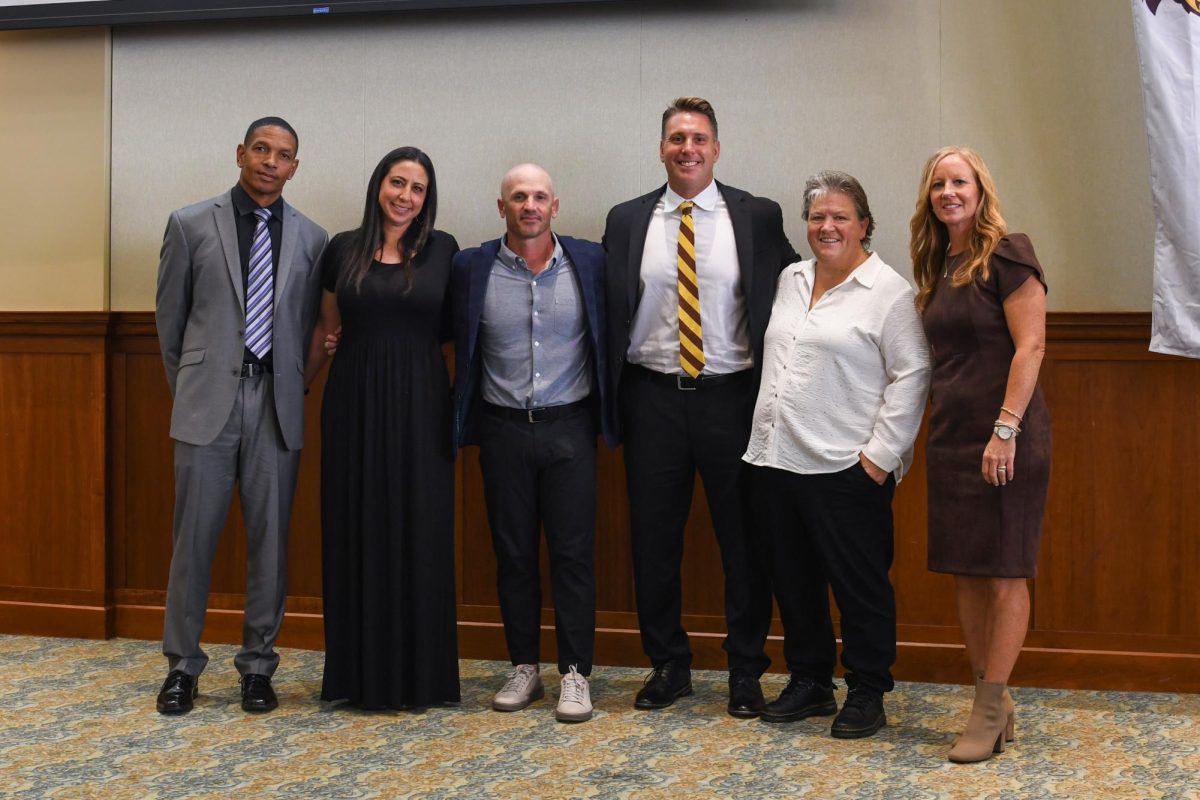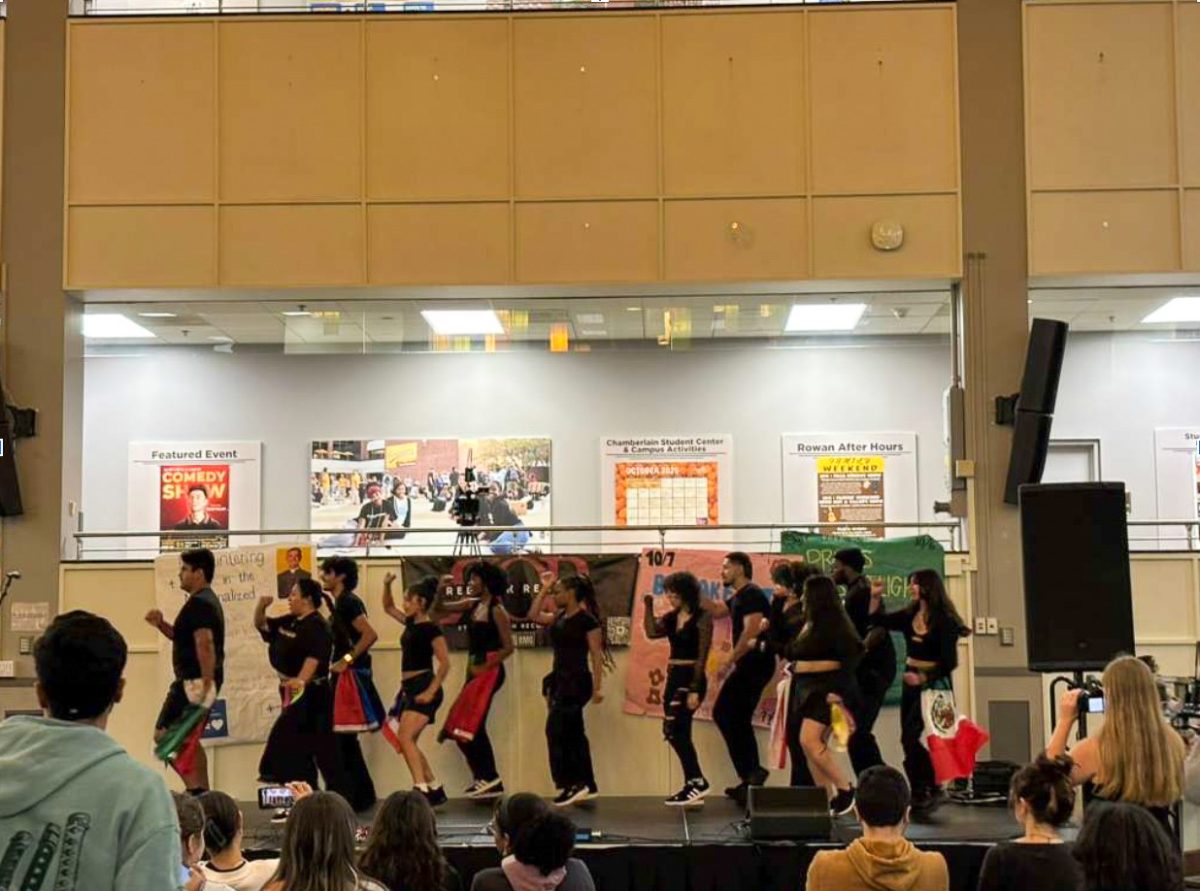It was announced on Sunday that Oracle Corporation won the bidding for U.S. operations of the video sharing app TikTok. This does not mean that Oracle will have majority ownership of the app, but they will have control over TikTok in America which includes over 100 million users.
The rushed sale was prompted by an executive order signed by President Donald Trump stating that TikTok had to sell its U.S. operations to an American company before Sept. 20 or the app would be blocked in the U.S.. TikTok was seen as a security threat to the U.S. because of the way that it stores user information, along with the parent company of the app, ByteDance, being a Chinese company.
The official White House website addressed the “threat” of TikTok and the executive order. Here is an excerpt of their explanation of why they believe it may be unsafe for Americans to use the Chinese video-sharing app:
“TikTok automatically captures vast swaths of information from its users, including Internet and other network activity information such as location data and browsing and search histories. This data collection threatens to allow the Chinese Communist Party access to Americans’ personal and proprietary information — potentially allowing China to track the locations of Federal employees and contractors, build dossiers of personal information for blackmail, and conduct corporate espionage.”
The sudden concern for cyber safety by Trump backed ByteDance up against a wall. By having to sell U.S. operations before Sept. 20, they were forced to look quickly for a buyer and did not have quite the leverage in the deal that they would have wanted. The way ByteDance chose their buyer also raises questions about their intentions.
Last month, the Chinese government issued new regulations that would prohibit TikTok from selling its technology to a foreign company without their explicit permission. They did this by updating the list of technologies that they have the power to veto from being sold to a foreign country. This list now includes data processing and speech and text recognition, which are used for the TikTok app.
The timing of these new regulations have sparked speculation that the Chinese government might not have been thrilled with the idea of Microsoft obtaining the coveted computer code, which would give the corporation power to decide what videos are seen by the app’s 100 million U.S. users, among other functions.
Microsoft, who is in the consumer technology industry with products like Xbox, was seen by many industry experts as the most likely buyer of TikTok. There is no question that they have the money, resources and power to clean up any security risks that TikTok may have posed. However, Microsoft made their initial offer, which was rejected, and was never asked to make another.
After the somewhat surprising deal struck by Oracle, Microsoft made a statement in which they stated they “would have made significant changes to ensure the service met the highest standards for security, privacy, online safety, and combating disinformation.”
Oracle is known for making software designed for businesses, not consumers. This leaves some experts scratching their heads at this move. According to USA Today, Jefferies Financial Group Analyst Brent Thill believes Oracle’s interest in TikTok is questionable to say the least. He stated that it “does not fit with the rest of the company.” He went on to compare it to “Delta Airlines buying a motorcycle company.”
Unlike the other big tech executives, Oracle co-founder Larry Ellison is a massive public supporter of President Donald Trump. He was reportedly the first person to recommend Hydroxychloroquine to Trump as a drug to treat COVID-19, despite a lack of scientific proof that it is effective against the virus. Back in February, he even went as far as to host a fundraiser for Trump at his ranch in California.
Trump has said that Oracle “could handle” buying TikTok and that they are a “great company” but when asked to state his preference between Oracle and Microsoft as buyers he declined to answer. This relationship between Trump and Ellison begs the question of if the executive order was implemented to assist Ellison and his company in acquiring TikTok’s U.S. operations.
Although, by placing the executive order, Trump’s intentions to eliminate any security risk with the app seem reasonable, since over 100 million Americans use TikTok (and that number is growing fast).
This sale changes the tech landscape in the U.S.. Microsoft being pushed to the side is not something that they are used to. It is especially confounding since Oracle is not in the consumer tech business whatsoever. The deal certainly raises as many questions as it answers.
Whether the Chinese and American governments influenced this deal or not, Oracle ended up as the winner here and they now have control of the hottest video-sharing/social media app on the planet. TikTok has the extraordinary capability to jump-start the careers of many “influencers” into the entertainment industry. The app spreads popular content like wildfire causing the simplest of videos to go viral and boost teenagers and young adults into stardom.
For questions/comments about this story, email [email protected] or tweet @TheWhitOnline.


































































































































































































